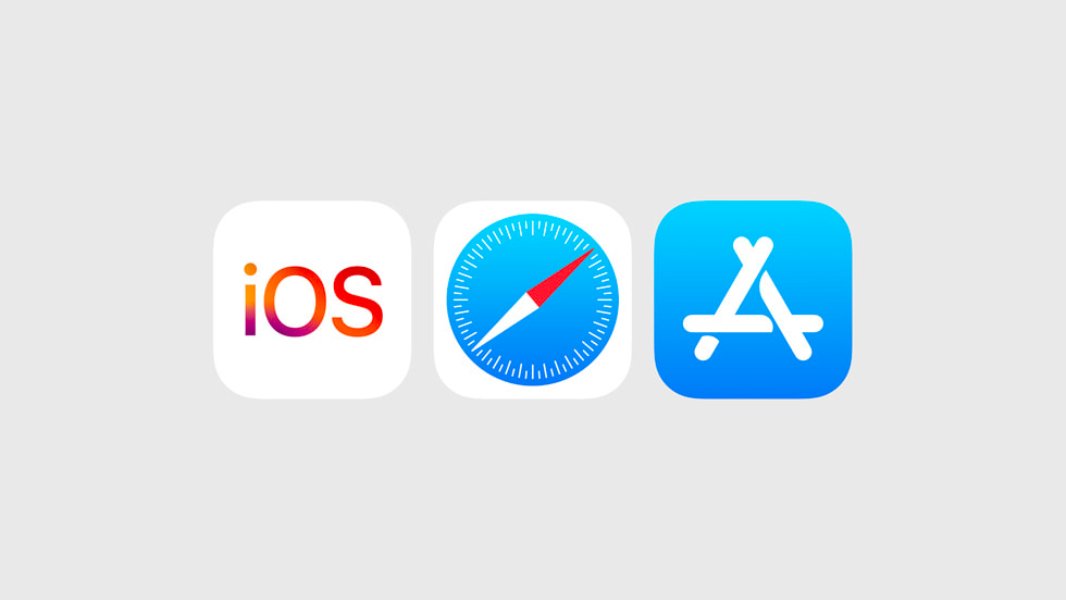Proton has joined a class action lawsuit against Apple in the United States for its illegal and anticompetitive App Store policies.
“Proton has long championed online freedom, privacy, and security, and we believe this action is necessary to ensure the internet of the future lives up to its potential,” Proton writes in its announcement post. “We believe that Apple’s conduct constitutes violations of US antitrust law. Without this case, Apple could get away with behavior in the US that is already outlawed in the European Union. If this were to happen, American consumers, and developers focused on the American market, would have to pay higher prices for fewer choices, and be left at a disadvantage.”
Windows Intelligence In Your Inbox
Sign up for our new free newsletter to get three time-saving tips each Friday — and get free copies of Paul Thurrott’s Windows 11 and Windows 10 Field Guides (normally $9.99) as a special welcome gift!
“*” indicates required fields
Proton is joining an existing class action lawsuit brought by app developers against Apple in May. It’s doing so because any ruling or settlement in that case would be binding for all developers, and it wants to ensure that this isn’t just about monetary damages. It also wants Apple to change its unfair App Store policies.
“We are seeking to permanently end anti-competitive behavior on the App Store, and we are joining this lawsuit to ensure that any future settlement enforces real changes to Apple’s practices and policies to benefit all consumers, developers, and competition, and not just cosmetic changes,” Proton explains. “While the suit does seek monetary damages, Proton will donate any money we receive from the lawsuit to organizations fighting for democracy and human rights so that some portion of Apple’s profits made from countries with authoritarian regimes are redirected to freedom … Our work always prioritizes the public good over financial gain.”
Proton highlights the following problems with “Apple’s monopoly control of software distribution on iOS devices”:
- Apple’s 30 percent fee is arbitrary and an additional tax on Internet commerce. “Apple claims this fee is necessary to pay for the maintenance of the App Store, but evidence presented in the Epic Games v. Apple case indicated that Apple makes a 78 percent profit on App Store fees, raising the question of whether these fees are really necessary or a clear example of the company profiting from its illegal monopoly,” Proton notes. “Breaking this monopoly and ending this punitive tax on the internet would allow companies like Proton to collect payments via less expensive methods, enabling the option to pass these savings on to you, and ultimately reducing the prices you pay.”
- Apple doesn’t just take a 30 percent cut from payments made through iOS apps, it also forces developers to use Apple’s payment system. “Privacy-first companies that monetize through subscriptions are disproportionately hit by this fee, putting a major barrier toward the adoption of privacy-first business models. Naturally, these are also the very companies Apple is directly competing with through its disingenuous privacy marketing campaigns.” Apple’s App Store policies “disproportionately favor the surveillance capitalism business model employed by companies like Meta and Google” that “routinely violates consumers’ personal privacy.”
- Apple’s App Store policies undermine freedom and democracy by controlling “which apps can and cannot be distributed in different markets.” In doing so, “Apple has made itself the single point of failure for free speech and a tool of dictatorships.” 66 of the 100 most popular iOS apps are not available in the App Store in China, nor are all 240 VPN apps, because Apple kowtows to the dictatorship there. “Overall, 27 percent of apps are missing from the Chinese App Store, more than double the global average of 13 percent.” News apps like The New York Times, BBC News, and Reuters and social networking apps are all censored by Apple on behalf of China.
- Apple’s policies lead to a worse user experience by dictating what developers can and cannot say to their own users. “One basic example of this is that developers cannot tell users that other pricing options or discounts may be available if users upgrade via a website instead of inside the app,” Proton explains. “Not supporting Apple’s payment system is also considered a violation, which can lead to threats to remove your app, as happened to Proton.” Users can’t manage their subscriptions or move between web- and App Store-based account and subscription management. Apple intentionally cripples third-party apps that compete with Apple services by making functionality that is available to Apple apps unavailable to other apps, and there it cites the inability to make Proton Calendar the default calendar app on iOS. And competing cloud services can’t do background processing, ensuring that Proton Drive will never be as sophisticated as iCloud on Apple’s devices. “Apple is willing to inflict a worse experience and higher prices on consumers out of corporate greed, and it leverages its monopoly control over the App Store to do so,” the company asserts.
The remedies that Proton seeks are logical and fair, and they have echoes in other antitrust cases brought against Apple in the U.S., Europe, and elsewhere. Most importantly, Proton is seeking to ensure that the outcome of this litigation benefits all Apple developers and customers.
“Anti-monopoly laws exist because the power gifted by monopoly status inevitably leads to abuse,” Proton notes. “In the case of oligarchic tech giants, these abuses have wide implications for society, and it’s vital to the future of the internet that they be addressed now.”


